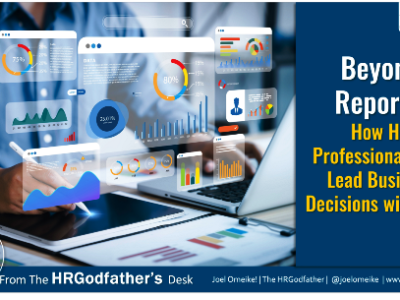By Intellinexus CEO Jacques du Preez
Ensuring data privacy and security isn’t just a checkbox on the Chief Data Officers (CDOs) to-do list – it’s a continuous journey towards resilience and trust. By prioritising data governance, strengthening security measures, and fostering collaboration across organisational silos, CDOs can safeguard their organisations’ most valuable assets.
RELATED: Data privacy in action: Biggest GDPR fines of 2022
With the ever-increasing number of relentless cyberattacks and data breaches, ensuring data privacy and security isn’t just a priority – it’s imperative. According to Gartner, by 2025, 75% of the world’s population will have its personal data covered by modern privacy regulations. The continued growth in public cloud services will bolster spending on cloud security tools.
Worldwide end-user spending on security and risk management is projected to total $215-billion in 2024, an increase of 14.3% from 2023, according to new forecast from Gartner. In 2023, global security and risk management end-user spending is estimated to reach $188.1-billion.
As guardians of data governance and security, the role of a CDO has become increasingly pivotal. They shoulder the responsibility of safeguarding sensitive information, upholding regulatory compliance, and fortifying defences against cyber threats.
Data flows like the lifeblood of an organisation in today’s interconnected digital ecosystem. From customer profiles to proprietary algorithms, every piece of information holds value and must be shielded from prying eyes and malicious intent.
This is where the partnership between CDOs and Chief Information Security Officers (CISOs) becomes paramount. By synergising their expertise and resources, they can build robust fortresses around data assets, ensuring their integrity and confidentiality.
At the heart of this collaboration lies a commitment to stringent data governance principles. Establishing clear policies and protocols for data handling, access controls, and usage guidelines lays the foundation for a secure data environment. By delineating roles and responsibilities, organisations can foster a culture of accountability and transparency, where every stakeholder understands their role in protecting sensitive information.
However, robust data governance alone isn’t sufficient. In the face of these ever-evolving cyberthreats, organisations must adopt a proactive stance towards security. This involves deploying cutting-edge technologies such as encryption, multi-factor authentication, and intrusion detection systems to fortify their digital perimeters. Additionally, regular security audits and penetration testing can help identify vulnerabilities before they’re exploited by malicious actors.
Compliance with regulatory frameworks is another cornerstone of data privacy and security. From GDPR to POPIA, there’s a myriad of regulations governing the collection, storage, and processing of personal data. CDOs must ensure that their organisations adhere to these regulations, implementing measures such as anonymisation and data minimisation to mitigate risks and protect individuals’ privacy rights.
Furthermore, the advent of technologies like artificial intelligence (AI) and machine learning brings both opportunities and challenges for data privacy and security. While these technologies offer unprecedented insights and efficiencies, they also raise concerns about algorithmic bias and unauthorised access. CDOs must strike a delicate balance between innovation and risk mitigation, embedding privacy-enhancing technologies into their data ecosystems to safeguard against misuse and abuse.

Intellinexus CEO Jacques du Preez
Forrester 2024 Predictions for Cybersecurity predicts that insecure AI-generated code will be responsible for at least 3 data breaches in 2024 due to security failings in the AI-generated.
In this endeavour, partnering with experts such as Intellinexus Group can prove instrumental. With its expertise in data governance, security, and compliance, the company can empower CDOs to navigate the complexities of the digital landscape with confidence. Through tailored solutions and best practices, they enable organisations to stay ahead of the curve, proactively addressing emerging threats and regulatory requirements.





























